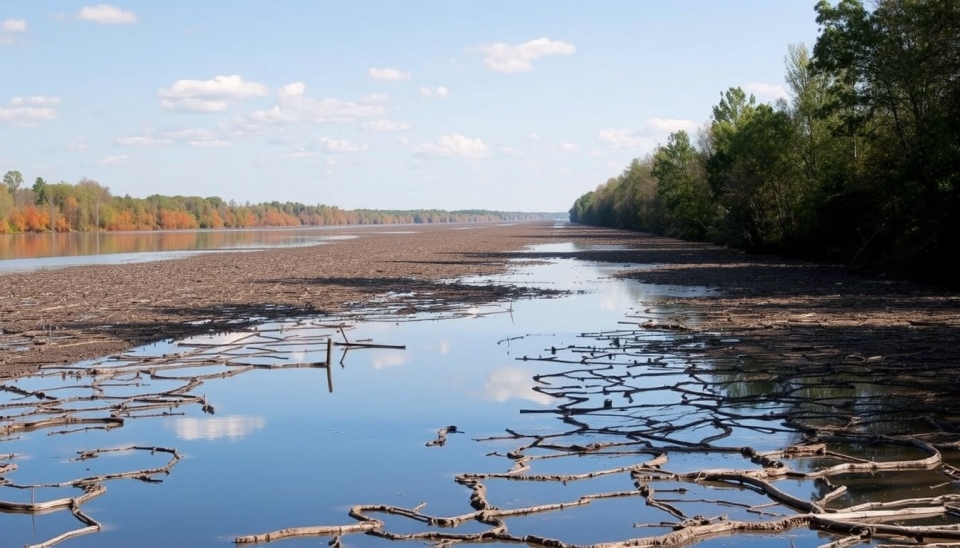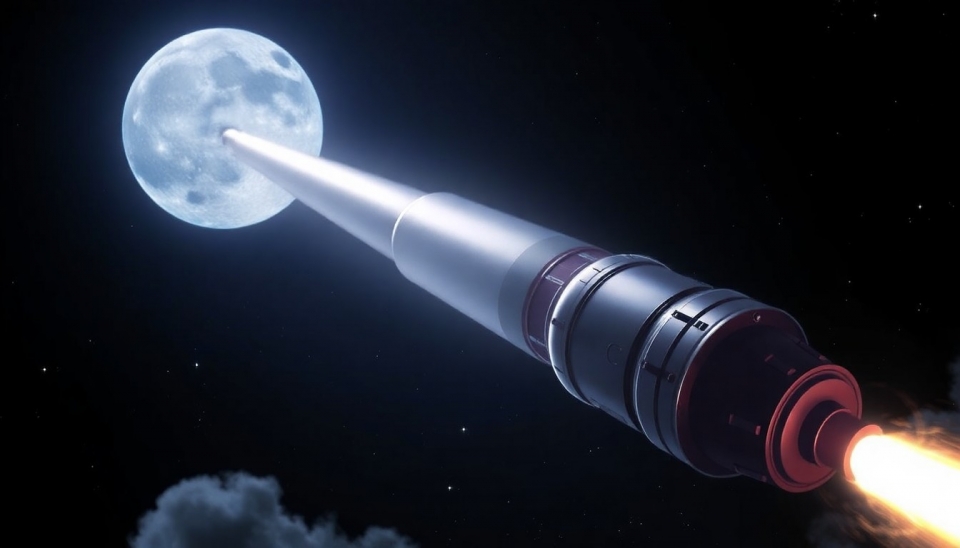Drought Conditions: Water Levels in Mississippi River Hit Critical Low, Threatening U.S. Food Exports

This year, the Mississippi River is experiencing unusually low water levels due to an ongoing drought, posing a serious threat to agricultural product shipments from the United States. This phenomenon is impacting not only internal transport but also exports that are crucial for the nation's economy.
Water levels in certain areas of the river have dropped to historical lows, making navigation nearly impossible for large barges that typically carry significant volumes of agricultural goods such as soybeans and corn. In recent weeks, shipping volumes have decreased, leading to rising prices and potential delays in deliveries. Experts are concerned that this situation may have negative repercussions on global markets where the U.S. is a leading food supplier.
The situation is exacerbated by high temperatures and a lack of precipitation in the Midwest, home to many farming operations. Concurrently, the inflow of water from northern states like Minnesota and Wisconsin has also significantly diminished due to ongoing climate changes. Analysts indicate that prolonged low levels could lead to serious structural shifts in water supply systems and ecosystems dependent on the Mississippi River.
If conditions do not improve in the coming weeks, farmers will face additional transportation costs for their goods, which could force them to raise prices on their harvests. This will impact not only the domestic market but also buyers outside the United States. Experts also note that importing countries that depend on American food are beginning to consider alternative sources, which could intensify competition in global markets and alter pricing norms.
The government and local authorities are actively working to mitigate the effects of this drought by implementing resource management programs and exploring options to enhance water supplies. However, experts believe that prolonged climate change necessitates a broader approach and coordinated global actions to prevent similar situations in the future.
#Mississippi #drought #foodexports #agriculture #economy #climatechange




